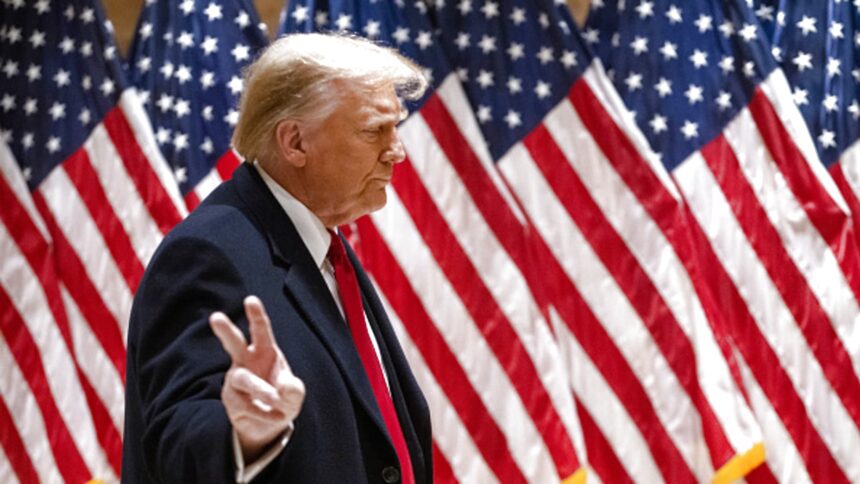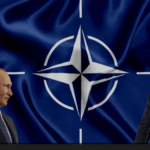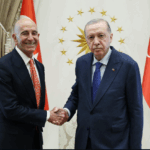Summary by Geopolist | Istanbul Center for Geopolitics:
During his second term, Trump’s foreign policy may exhibit a notable departure from conventional American values, placing greater emphasis on national self-interest and transactional diplomacy. With a more unified national security team, Trump is anticipated to implement a consistent strategy that aligns with his “America First” vision. In contrast to his initial term, characterized by internal discord and disorganized decision-making, a cohesive team would allow Trump to present a coherent, albeit contentious, foreign policy program. This unity may result in a heightened focus on coercive economic strategies and diplomacy aimed at direct negotiations with leaders such as Vladimir Putin and Kim Jong Un.
Trump’s approach to diplomacy frequently entails utilizing economic pressure, sanctions, and threats to obtain concessions. He adheres to the “madman theory,” which highlights the element of unpredictability to compel concessions from opponents. Although this method yielded varied outcomes during his first term, the article suggests that Trump’s second term could further distance the United States from multilateral initiatives and organizations. His skepticism regarding international alliances and attempts to compel allies to bear a greater share of defence expenses indicate a transition from collaborative global leadership to a model focused on immediate U.S. benefits.
The article indicates that Trump’s re-election could hasten the decline of American exceptionalism, shifting away from values-driven leadership and possibly jeopardizing U.S. credibility on the global stage. While previous administrations utilized American ideals, like democracy promotion, as a means of soft power, a second Trump term might witness this influence being supplanted by direct economic and political dealings. The article cautions that this transition may undermine America’s soft power, as both global allies and adversaries adjust to Trump’s established tactics, frequently providing token concessions or symbolic gestures to secure favour without any substantial alterations.
Additionally, the possibility of corruption within Trump’s foreign policy team presents a threat to U.S. influence. It has been reported that former officials and advisers have taken advantage of foreign connections for their own benefit, a pattern that may grow if a Trump 2.0 administration comes to power. The potential for Trump to eliminate dissenting voices within the bureaucracy may result in policies motivated by personal interests instead of the national interest, thereby complicating the integrity of U.S. foreign relations.
As nations such as China and Russia consolidate their influence via autonomous alliances, Trump’s insular strategy may impede America’s capacity to establish or enhance global coalitions. His attempts to undermine established systems may encounter opposition, since authoritarian leaders and competing nations have become adept at exploiting his foreseeable tactics. Ultimately, the epoch of American exceptionalism, defined by moral and ideological leadership, may yield to a more traditional great-power rivalry, diminishing the influence and global prominence previously held by the United States.
Read more here.







